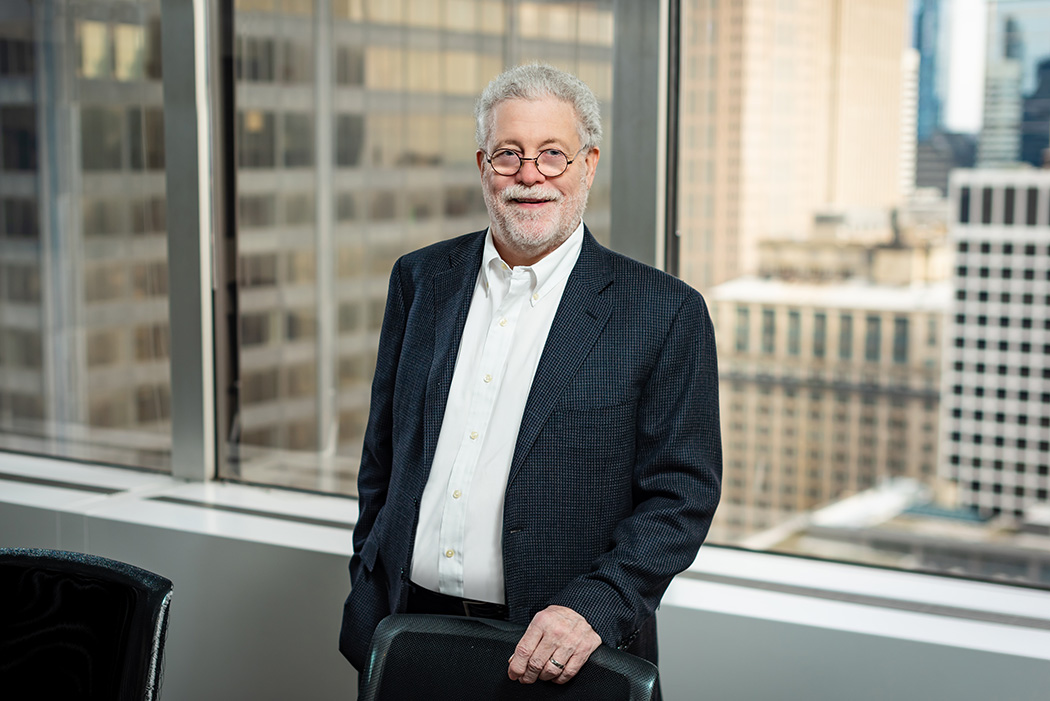Supreme Court Overturns Federal Circuit in SAS Institute Inc. v. Iancu
- April 24, 2018 (snippets Alert)
- Snippets
Practices & Technologies
Opinions & Counseling Litigation & Appeals Patent Portfolio Management Patent Prosecution PTAB Post-Grant Proceedings Emerging Companies & Entrepreneurs Biotechnology & Pharmaceuticals Chemical Electrical Mechanical & Materials Medical Device & Diagnostics Software & Computing Networking & TelecommunicationsAuthored by Kevin E. Noonan, Ph.D.
The Supreme Court reversed the judgment of the Federal Circuit today in SAS Institute Inc. v. Iancu. In a rare close decision in patent cases, Justice Gorsuch (joined by the Chief Justice and Justices Kennedy, Thomas, and Alito) provided a textual explication of the inter partes review statute in deciding that the USPTO was compelled to render a Final Written Decision (FWD) on all claims challenged by a petitioner in its IPR petition. This decision overruled the Patent Office’s practice by rule that the Director (through the Patent Trial and Appeal Board) could institute an IPR on less than all challenged claims and then limit the FWD to only the instituted claims. According to the majority, the decision to institute is binary (either the PTAB decides to institute or not) but once instituted the Board must render a decision on all challenged claims. Because the majority saw no ambiguity in the statutory language, deference to the agency’s implementation decisions under Chevron v. Natural Resources Defense Council did not apply.
Justice Breyer dissented, joined by Justices Ginsberg, Sotomayor, and Kagan. These Justices did perceive an ambiguity in the differences in language (albeit slight) between 35 U.S.C. Sections 314 (regarding the institution decision) and 318 (regarding FWD) sufficient to support both the Director’s application of the statute and entitlement to Chevron deference. In addition, these Justices agreed with the Director’s argument that interpreting the statute as the majority did would impose tremendous inefficiencies on the PTAB, requiring them to provide a FWD on claims that the petitioner had not shown had a reasonable likelihood of being invalid. This point was emphasized in a one-paragraph dissent penned by Justice Ginsberg (joined by the other dissenting Justices), who saw “no cause to believe Congress wanted the Board to spend its time so uselessly.”
One practical consequence of this decision is that it provides a route for a petitioner, unhappy that the Board refused to institute IPR on any particular claim, to appeal the FWD and thus overcome the prohibition in the statute that the institution decision is at the Director’s discretion and not appealable.
Decided April 24, 2018
The opinion can be found at https://www.supremecourt.gov/opinions/17pdf/16-969_f2qg.pdf.
Kevin E. Noonan, Ph.D., an MBHB partner, Kevin E. Noonan is a partner with McDonnell Boehnen Hulbert & Berghoff LLP and serves as Chair of the firm’s Biotechnology & Pharmaceuticals Practice Group. An experienced biotechnology patent lawyer, Dr. Noonan brings more than 20 years of extensive work as a molecular biologist studying high-technology problems in serving the unique needs of his clients. Dr. Noonan is a frequent speaker, commentator and author on a variety of intellectual property law topics. He is a founding author of the Patent Docs weblog, a site focusing on biotechnology and pharmaceutical patent law. noonan@mbhb.com
© 2018 McDonnell Boehnen Hulbert & Berghoff LLP
snippets is a trademark of McDonnell Boehnen Hulbert & Berghoff LLP. All rights reserved. The information contained in this newsletter reflects the understanding and opinions of the author(s) and is provided to you for informational purposes only. It is not intended to and does not represent legal advice. MBHB LLP does not intend to create an attorney–client relationship by providing this information to you. The information in this publication is not a substitute for obtaining legal advice from an attorney licensed in your particular state. snippets may be considered attorney advertising in some states.
